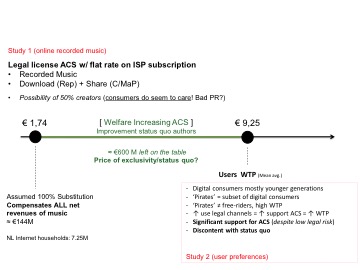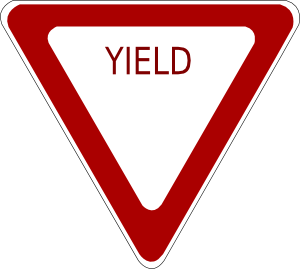What does the new Dutch Copyright Contract Law have to offer?
The Dutch Copyright Contract Law entered into force on July 1st 2015. According to the legislator it aims to strengthen the position of the author and performer in exploitation agreements (see Explanatory Memorandum under 1, 1st paragraph), and will ideally lead to them receiving a fairer share of the profit from their work (see Memorandum…


